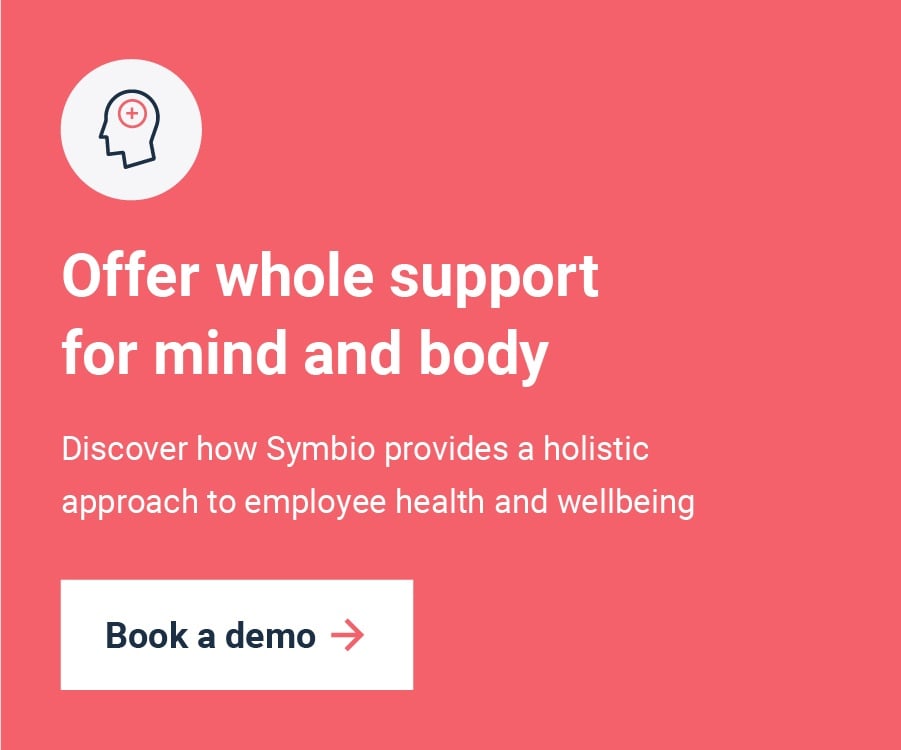According to the NHS, there are more than 200 musculoskeletal conditions which affect 1 in 4 of the adult population (many being young and of working age), which is around 9.6 million adults and 12,000 children in the UK.
Musculoskeletal conditions account for 30% of GP consultations in England and are responsible for over 25% of all surgical interventions in the NHS, and this is set to rise significantly over the next ten years, according to the NHS.
Due to long waiting lists for treatment in the NHS many patients leave their symptoms undiagnosed and without a treatment plan which can often lead to a more serious condition or increased symptoms. According to a Freedom of Information request, in normal circumstances, people are waiting as long as 132 days to see a physiotherapist in England.
A common problem affecting many of us
Aches and pains in our muscles, bones and joints are a common problem that affect many of us in our daily lives. From our early ancestry of hunting and gathering, movement is in our nature, but modern working life and advancing technology has meant that many of us lead increasingly sedentary lifestyles, and spend too much time sitting at desks, working at computer screens and on the sofa.
With more of us working from home with make-shift desks, aches and pains are on the rise. Neck, back and shoulder strain are all common symptoms of a poorly set-up working environment. As we have all been urged to ‘protect the NHS’ many are hesitant to contact their NHS GP surgeries for advice on new aches and pains. April and May both saw 8 million fewer NHS GP consultation than average, according to NHS Digital.
A top cause of sickness absence
Over time, bad posture and inactivity can lead to postural problems, muscular imbalance and general aches and pains, such as back and neck pain. Physical inactivity may also contribute to weight gain, and excess weight can then compound the problem by placing additional strain on the musculoskeletal system, creating more aches and pains.
Musculoskeletal conditions are associated with many co-morbidities, including diabetes, depression and obesity and have an enormous impact on the quality of life of millions of people in the UK.
Unsurprisingly, musculoskeletal conditions are one of the top causes of sickness absence. Later in 2019, the Office for National Statistics, revealed the most common reason for workplace absenteeism was coughs and colds which is responsible for 27.2% of days lost closely followed by musculoskeletal problems which accounts for 19.7% of workdays lost.
Employees with these conditions are less likely to be at work than people without health conditions, and are more likely to retire early. Around 63% of working age adults with a musculoskeletal condition are in employment compared to 82% of people with no health condition, according to “The State of Musculoskeletal Health 2019 Musculoskeletal” published by Versus Arthritis.
New Support Line: Aches and Pains
The good news is that musculoskeletal problems can be prevented. Maintaining good musculoskeletal health is imperative to staying physically and mentally fit. The NHS encourages activities that help prevent musculoskeletal disorders, such as: maintaining physical activity; maintaining a healthy weight and a balanced diet, giving up smoking, taking care of emotional wellbeing and taking action early on.
As part of our expanding service range, HealthHero is now offering ‘Holistic Health’, which includes an Aches and Pains Service specifically designed to prevent acute musculoskeletal aches and pains becoming chronic. Our Aches and Pains service provides early intervention and education to help keep your members and employees in good physical health and reduce the risk of minor problems becoming more serious.
How does it work?
We arrange a call at a convenient time with one of our experienced MSK Advisers. The patient will be offered a consultation within one working day of their call to HealthHero. Consultations are delivered by telephone, appointments are available Monday to Friday between 9am to 5pm and have a duration of approximately 30 minutes, which allows the Adviser to understand the specific nature of the problem and to provide appropriate advice, guidance and where necessary, signposting to useful resources and information, such as links to home-exercise videos.
Who are the MSK Advisors?
Our Musculoskeletal Advisers have a variety of skills, experience, and qualifications such Physiotherapy and Sports Therapy. They are all registered with the appropriate clinical bodies, undertake regular CPD, internal training and have regular supervision sessions.
What will be covered in the call?
Our advisers will carry out a comprehensive assessment, to get a complete understanding of the patient’s world and the factors which may be causing their symptoms. Our Advisers are experienced in understanding the links between personal and work lives and how these impact our physical wellbeing. The patient will be asked about:
- their clinical symptoms, onset, triggers and how these are affecting the patient;
- any factors in their personal and work life such as family illness, job type, work/life balance;
- how well they look after themselves, as we know there is a big link between physical wellbeing and lifestyle factors. This would include height, weight, diet, exercise.
What advice will the patient be given?
Our advisers will provide the patient with education about why they are likely to be experiencing their current symptoms. This would include advice on lifestyle changes and exercises they can implement to manage and maintain their own health more effectively.
We may also send self-help information after the call by email, such as nutrition or exercise videos.
We will signpost patients to useful information and online resources.
If we identify that they may benefit from further intervention we will recommend that the patient go back to their GP.
What the service does not cover?
This service is designed to provide education, self-help and signposting to other beneficial information and resources. It does not provide access to any treatment or interventions, for example: physical physiotherapy; chiropractic; osteopathy. Therefore, the service can only be used once for each type of condition. If the Adviser identifies that you may benefit from ongoing treatment or further help, we will recommend you visit your GP.






